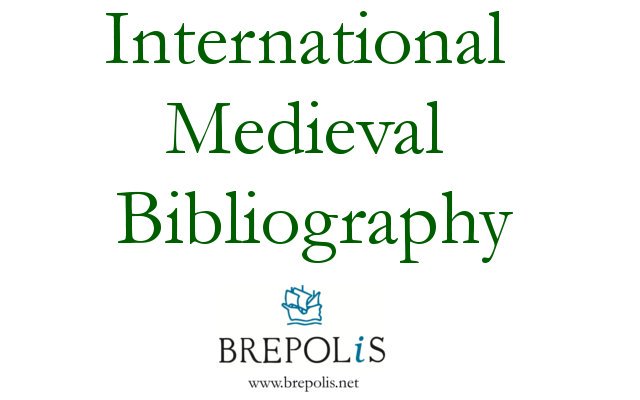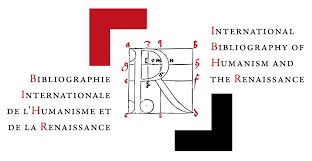The Slovene literature in Austria (the national and the polycultural)
DOI:
https://doi.org/10.31168/2073-5731.2020.1-2.4.03Keywords:
Slovenian literature, southern Carinthia, national minority, bilingualism, multiculturalismAbstract
In 1920, the native Slovenian lands of southern Carinthia were included into the Austrian Republic, and the Slovenian population fell under the jurisdiction of the state, the official language of which was German. Under these conditions, literature in the native language became an important factor in the resistance against assimilation for the Carinthian Slovenes. However, decades later, the national protective function of the artistic word gradually came to naught. The contemporary literature of the Slovenian minority in Austria is a special phenomenon combining national and polycultural components and having two cultural and historical contexts, two identities — Slovenian and Austro-German. In aesthetic, thematic, linguistic terms, this literature is so diverse that it no longer fits into a literature of a national minority, and can no longer be automatically assigned to only one of the two literatures — Slovenian or Austrian. A variety of works, including proper Slovenian texts, hybrid bilingual forms, and compositions in German, of course, requires a new research methodology that would expand existing approaches and could cover the literary practice of those who create a panorama of Carinthian reality, which is in demand both in Slovenia and in Austria.
For citation
Starikova N. N. The Slovene literature in Austria (the national and the polycultural) // Slavic Almanac. 2020. Issues 1–2. P. 446–460. DOI: 10.31168/2073-5731.2020.1-2.4.03






